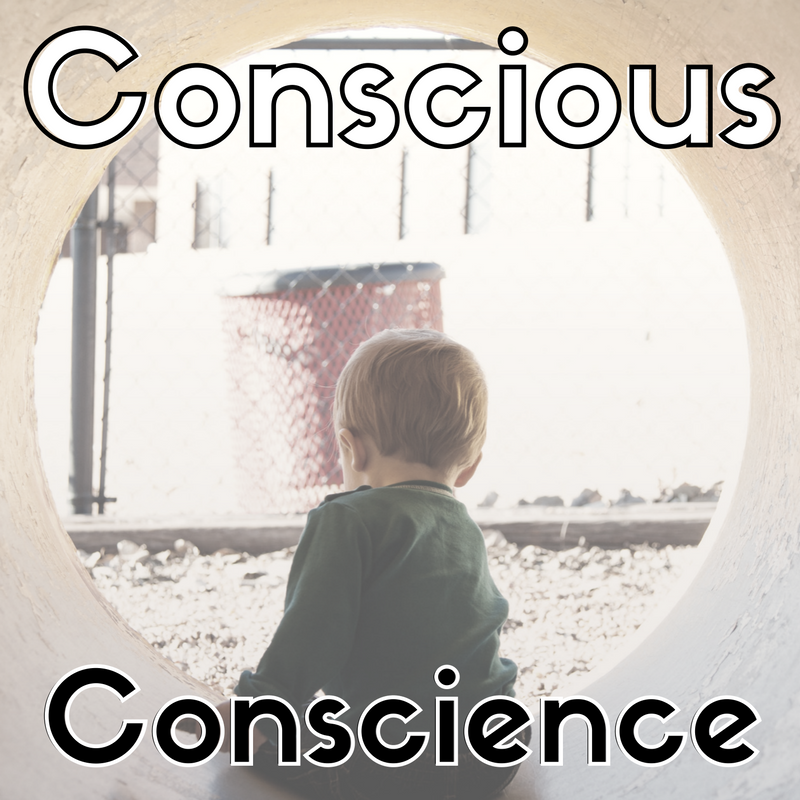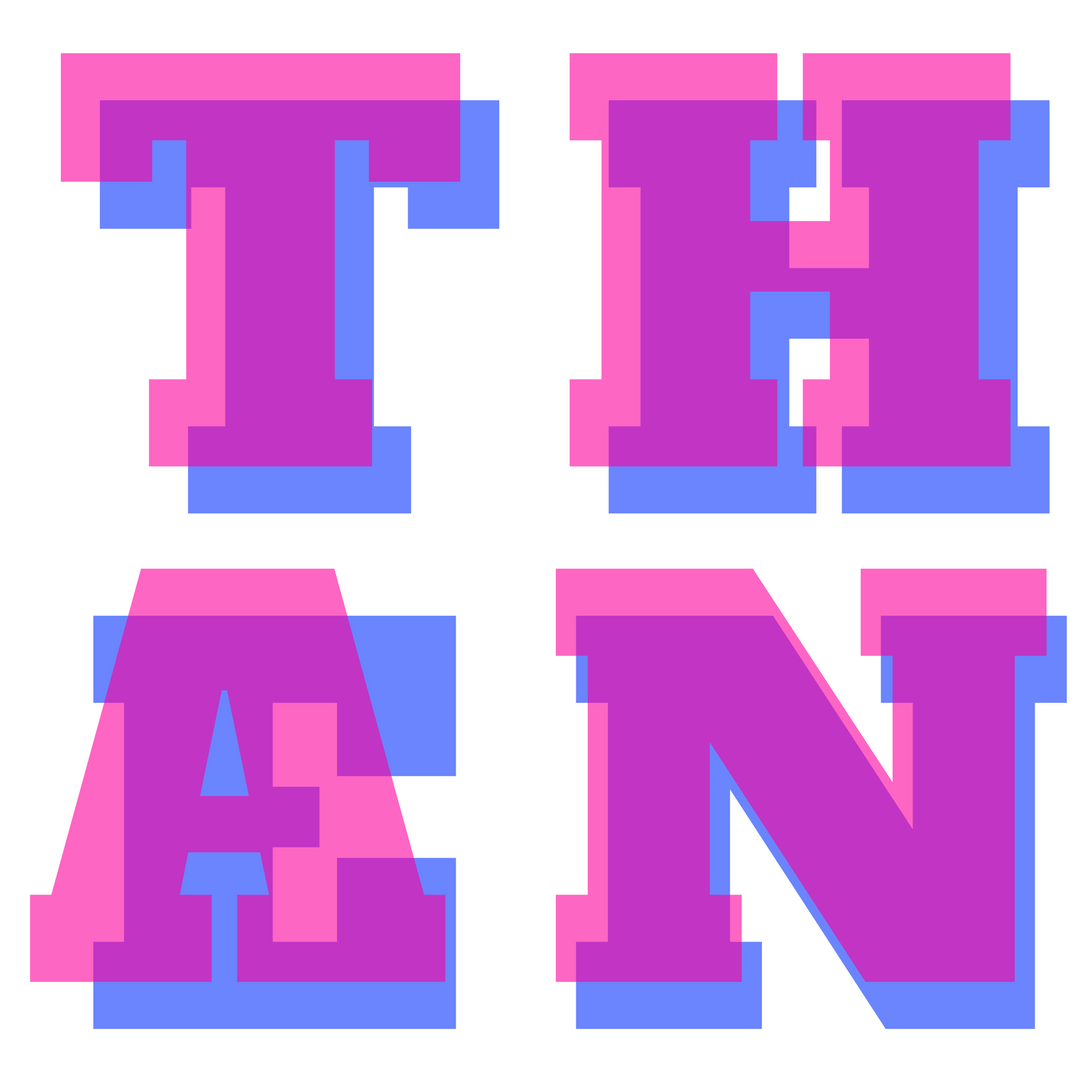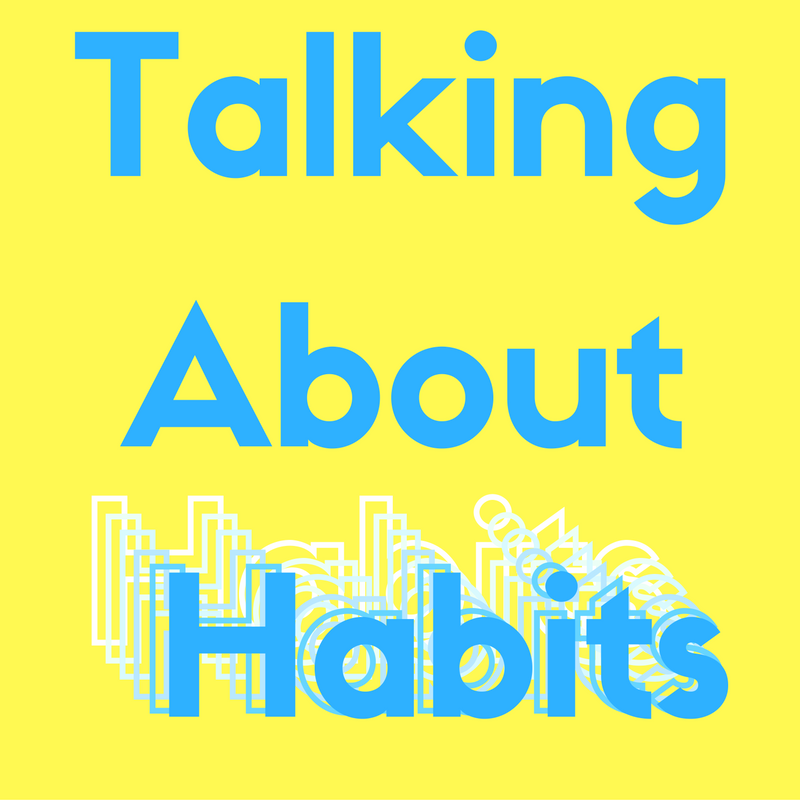
All Fired Up: Excitement & Anticipation
 Devon Balwit
Devon Balwit January 16, 2017
January 16, 2017 Learn English SLANG, IDIOMS, & PHRASES!
Learn English SLANG, IDIOMS, & PHRASES!
It’s Friday night and you have exciting plans. How do you express how you feel? One of the most basic ways is to say that you are looking forward to your evening. This phrasal verb means you are enthusiastic, eager, and excited about the future. We look forward to vacation. We look forward to the...Continue Reading...














